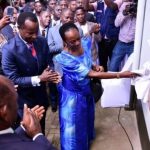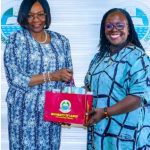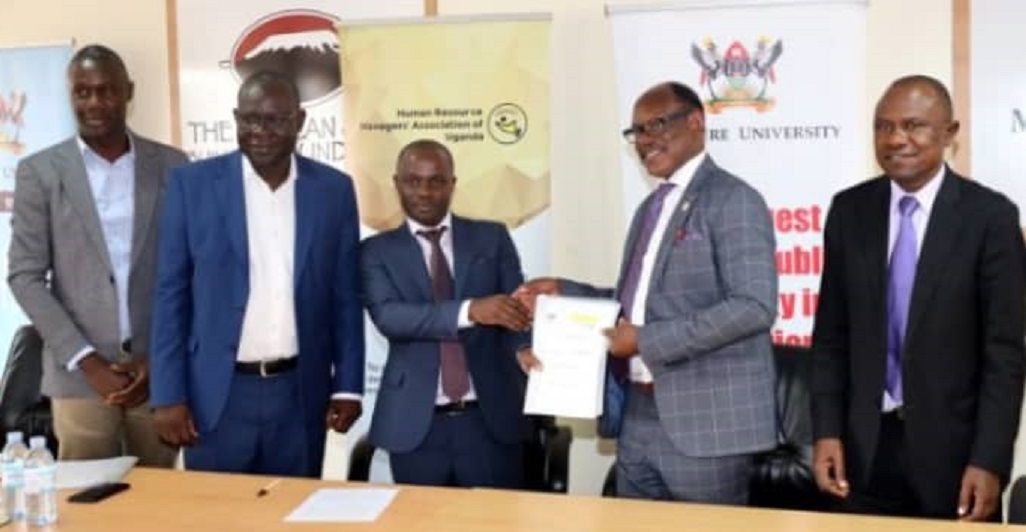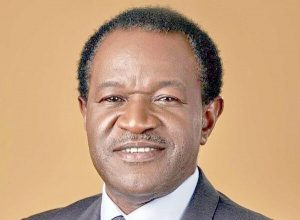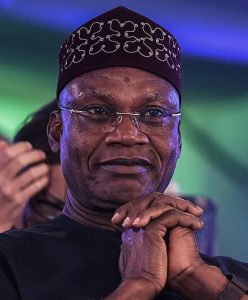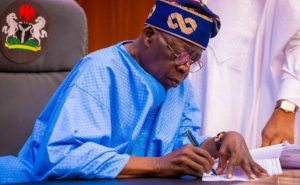
Credit: Makerere University.
In a momentous event, Makerere University’s Vice Chancellor, Prof. Barnabas Nawangwe, and UNDP Resident Representative, H.E. Elsie Attafuah, came together to inaugurate cutting-edge equipment valued at $1 million for the newly established Innovation Pod. This state-of-the-art hub, commissioned on January 9, 2024, is poised to become a catalyst for creativity, innovation, and collaboration among students, researchers, and entrepreneurs at Makerere University.
The Innovation Hub, housing various sections such as the food technology section, technology transfer office, computer-aided design rooms, virtual reality studio, CNC workshop, textiles and design lab, electronic maker space, tools workshop, and 3D printing, among others, aims to drive technological advancements in Uganda. It is envisioned as a collaborative space providing resources and facilities for startups’ growth and knowledge sharing, fostering networking opportunities, and mentorship programs.
During the commissioning, H.E. Elsie Attafuah emphasized the imperative for increased innovation among the youth, stressing the need for Ugandans to proactively contribute to the country’s development. She highlighted the rapidly changing world and the necessity for embracing technology to address challenges and create opportunities for poverty alleviation.
Prof. Nawangwe, expressing his optimism, underscored the pivotal role of universities in changing Africa through extensive research and the establishment of companies. He urged the adoption of technology and artificial intelligence to drive innovation and development, aiming to witness companies emerging from Makerere University, providing employment and fueling economic growth.
The Vice Chancellor acknowledged UNDP’s support, not only to Makerere University but to the entire African continent, praising the collaborative efforts in fostering innovation. He encouraged student innovators to maximize the Innovation Pod to transform their ideas into commercial products, fostering entrepreneurship.
In a bid to showcase their innovations, some students presented their projects during the event. Notable innovations included Grace Nakyanzi’s carbon structure project designed to mitigate climate change, Dr. Gabriel Tumwine’s briquette research addressing wood fuel scarcity, Mr. Mulonde Muwanguzi’s cooking stove utilizing old oils, Matia Ategeka’s water pump powered by gravitational force, and Joel Felix Ochom’s affordable malaria treatment, which has undergone successful clinical trials.
As the UNDP-supported Innovation Pod becomes operational, it is expected to play a pivotal role in nurturing a culture of innovation, creating job opportunities, and driving inclusive economic growth within Uganda and beyond.
What’s your thought on this story?


